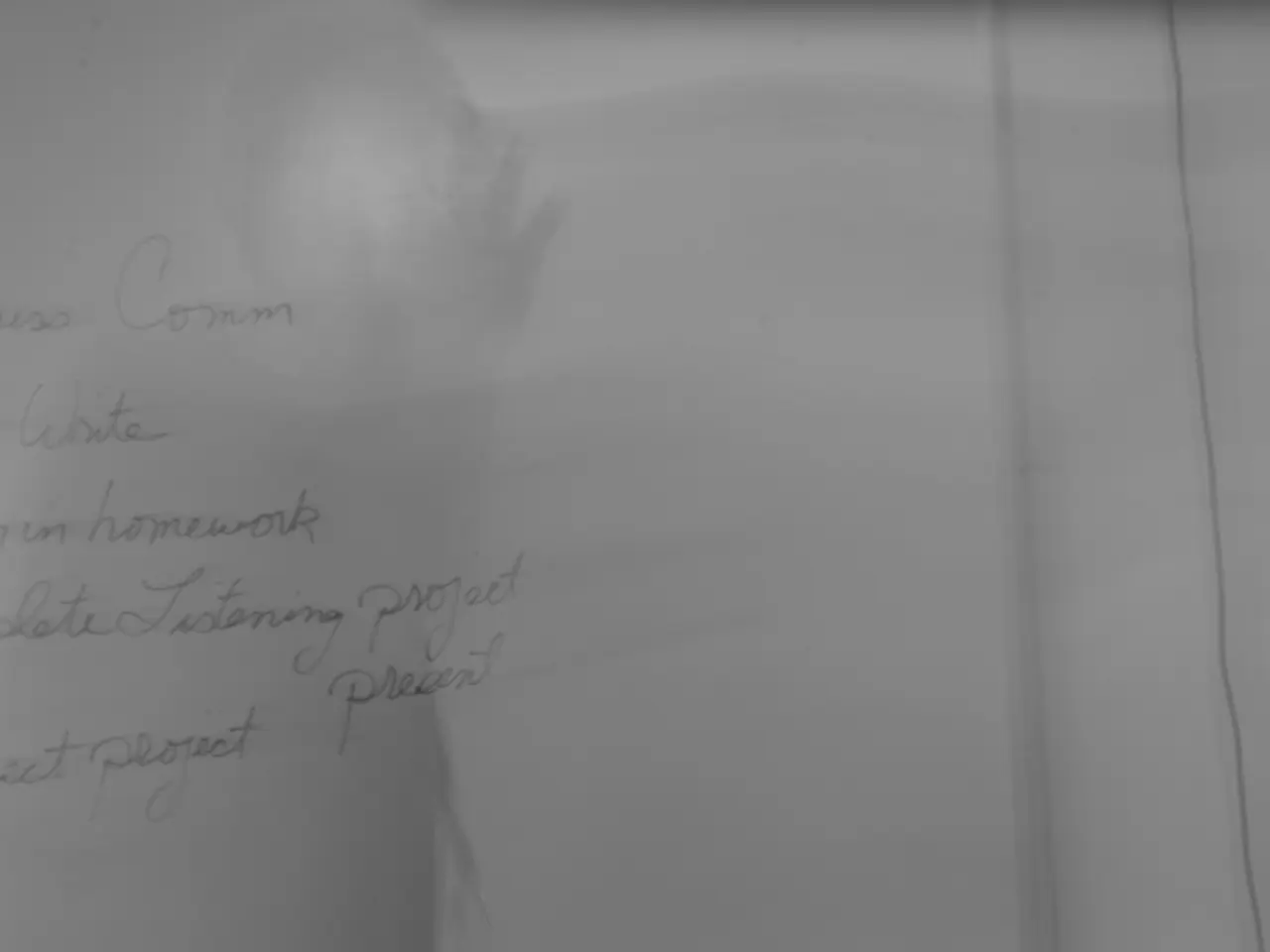Online Gambling Under Scrutiny in Michigan: Bovada Faces Potential Legal Action
In a significant move to regulate online betting activities within its borders, the Michigan Gaming Control Board (MGCB) has issued a cease-and-desist order to Harp Media B.V., the operators of Bovada, a popular betting platform. The company has been operating without the necessary state licensing, violating Michigan's Lawful Internet Act and the state's penal code that prohibits any form of unlicensed gambling[1].
Following the issuance of cease-and-desist letters, Bovada halted operations in Michigan (and Colorado) as part of a coordinated crackdown on unlicensed offshore gambling operators across multiple U.S. states[3]. West Virginia and other states have also taken similar enforcement actions against Harp Media B.V., indicating a growing intolerance for unauthorized offshore gambling platforms that circumvent state laws.
The MGCB's action is a significant step in the state's efforts to regulate online betting, aligning with a broader trend of states taking decisive action against offshore gambling sites[2]. In 2022, New Jersey led a similar charge, resulting in the majority of non-state-licensed sites withdrawing their services from the state. This year, gambling regulators from seven states, including Nevada, New Jersey, Michigan, Illinois, Colorado, Mississippi, and Louisiana, sought federal assistance from U.S. Attorney General Merrick Garland in their fight against illegal offshore betting[3].
The implications for global unlicensed online gambling operations are substantial. Increasing regulatory enforcement by U.S. states aims to protect their regulated gambling markets, potentially leading to more permanent bans and stricter controls. Offshore operators face reputational and operational risks as authorities globally tighten enforcement against illegal online gambling, signaling a challenging environment for unlicensed entities to operate profitably and legally[2][4].
Michigan's commitment to maintaining a regulated and secure gaming environment is indicated by the state's action against entities flouting its laws. The Michigan Gaming Control and Revenue Act requires any gambling operation to be duly licensed to be considered lawful[1]. Harp Media B.V. has been given 14 days to make Bovada's gambling websites inaccessible to Michigan residents[1]. Failure to comply with the cease-and-desist order could lead to more severe legal repercussions for Harp Media B.V.
The ongoing battle seeks to protect consumers and establish a fair and legal gaming industry across the board. By cracking down on unlicensed operators, states aim to ensure that gambling activities are conducted in a safe, transparent, and secure manner, ultimately benefiting consumers and the wider economy.
References: [1] Michigan Gaming Control Board. (n.d.). Cease and Desist Order No. 2023-001. Retrieved from https://www.michigan.gov/documents/mgc/Cease-and-Desist-Order-No-2023-001_786710_7.pdf [2] GamblingCompliance. (2023). U.S. States Crack Down on Offshore Gambling. Retrieved from https://www.gamblingcompliance.com/news-and-analysis/us-states-crack-down-on-offshore-gambling [3] Associated Press. (2023). Seven States Ask U.S. Attorney General to Help Fight Illegal Offshore Betting. Retrieved from https://apnews.com/article/entertainment-gambling-merrick-garland-online-gambling-mississippi-3868c8f0e0a50452544e0c8c9316b0e9 [4] Michigan Live. (2023). Michigan Takes Action Against Unlicensed Online Gambling Operator Bovada. Retrieved from https://www.mlive.com/public-interest/2023/03/michigan-takes-action-against-unlicensed-online-gambling-operator-bovada.html
- In response to the MGCB's action, Bovada, a popular betting platform, halted operations in states like Michigan and Colorado, demonstrating a broader crackdown on unlicensed offshore gambling operators.
- Meanwhile, general news reports indicate that other states, such as West Virginia, have also taken enforcement actions against operators like Harp Media B.V., highlighting a growing intolerance for unauthorized offshore gambling platforms that circumvent state laws.




